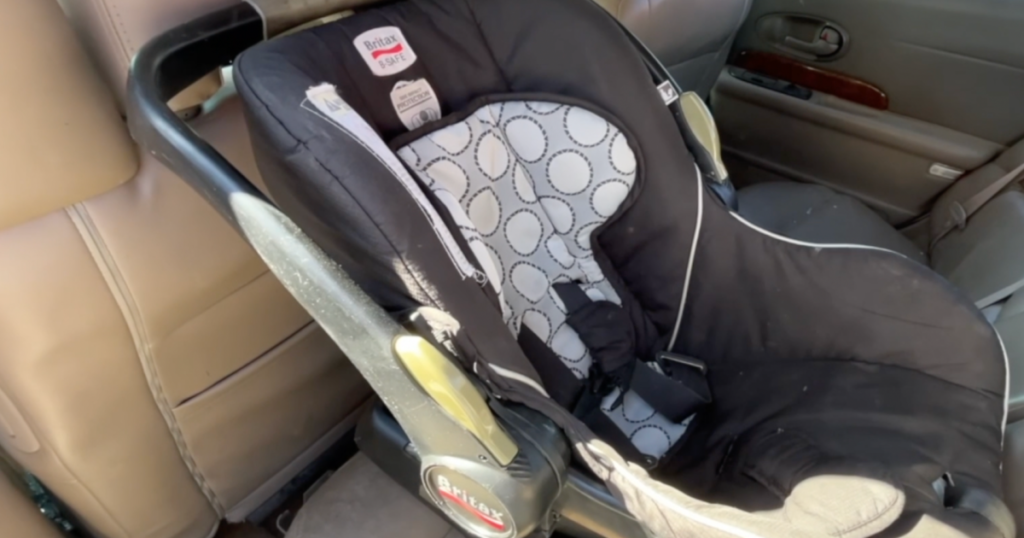With record heatwaves hitting the nation this summer, now’s a good time to remind people not to leave children or animals in locked cars.
According to the group Kids and Car Safety, there have been 10 heatstroke-related car deaths so far this year, with several more deaths under investigation.
One of the most recent deaths occurred in Marana, Arizona, where local authorities said a 2-year-old boy was found dead in the back seat of the family’s car during a heatwave and his father was charged with second-degree murder.
According to the National Highway Traffic Safety Administration, this happens to about 40 children each year.
“Unfortunately, we’ve seen quite a few tragedies this week coming off the holidays,” said Amber Rollins, director of child and vehicle safety, “and that’s one of the biggest reasons children are left unknowingly in vehicles.”
Related Article | Car insurance premiums are skyrocketing, especially if you own one of these vehicles
About 46% of the time, children are left behind, often on their way to daycare or kindergarten, federal officials said.
The National Transportation Safety Administration said temperatures inside a closed car can quickly exceed 110 degrees Fahrenheit, even when air temperatures are in the mid-60s. It can take as little as 10 minutes for a child to be killed, according to the National Weather Service.
“We are very concerned that with the extreme temperatures we’ve had recently, we’re going to lose a lot of children over the next two months, but that doesn’t have to happen,” Rollins said.
Related article | Car dealerships revert to paper orders after cyberattack on software provider
Obviously, the best prevention is to not forget your kids or leave them at home while you run a quick errand, but there is technology that aims to prevent such disasters.
Resources include a rear seat occupant alert system that detects motion and can sound the horn, lights and send a text message to the driver.
Volvo says it is developing a radar system that can detect “tiny sub-millimeter movements” inside the car’s roofline.
“Three years ago, in 2021, we were successful in passing a federal regulation,” Rollins said, “that would require the National Highway Traffic Safety Administration to issue safety standards or regulations for the auto industry to incorporate hot car technology into all vehicles, all new cars going forward.”
Major automakers have pledged to add rear seat reminders to all their models by 2025.

